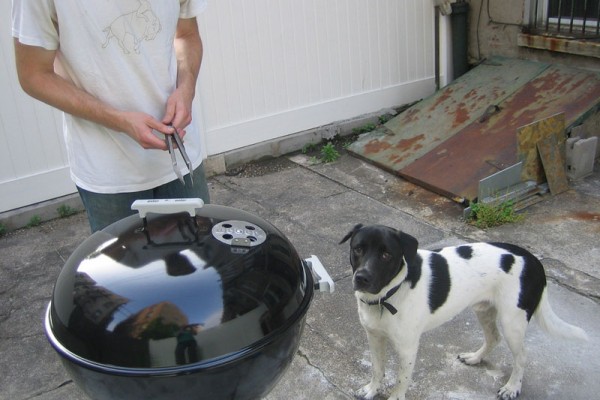The very word plague brings dread. We recall medieval images of the Black Death, scourging fourteenth-century Asia and Europe. We envision rampant rats and dying children.
Late in 1994, as plague broke out in the Indian state of Gujarat, people fled in the hundreds of thousands. Neighboring countries sealed their borders. Airlines cancelled flights. Even doctors grabbed their stethoscopes and scrambled for their lives.
Now, of course, life is back to normal. The outbreak had been quelled. We’re no longer in the fourteenth century; the plague bacillus yields to tetracycline.
Yet all of us find ourselves still encircled by death. Rats!
It may be today from plague or tomorrow from cancer, old age, a car crash, an armed burglar. All we’re doing is putting death off—we think.
Everyone has an appointed time to live, say the Vedic sages, and an appointed time to die. When your time comes you go, plague or no plague, medicine or none. And so it sometimes happens that a hopeless case survives and a man the doctors tell us ought to live drops dead.
Anyway, while life is still in us, what are we living for? If we don’t know and don’t ask, what’s the use of our life?
Matter will be finished—all of it. Every material body is destined to be a corpse, every universe a cinder. The more we embrace matter and try to hold onto it, the more we suffer, and the more we lose. Material enjoyment is an oxymoron. Security is humbug.
This is the plague of the material world. For one who is born, says the Bhagavad-gita, death is certain. And after one dies one is sure to be born again. Tetracycline isn’t a cure for the cycle of birth and death.
The severest plague, worldwide in its extent, is that of spiritual ignorance. It is this plague that has driven us into the materialism, and that keeps us there suffering. It is this plague that fools us into making our problems still worse. And this plague of ignorance can be cured only by spiritual knowledge.





